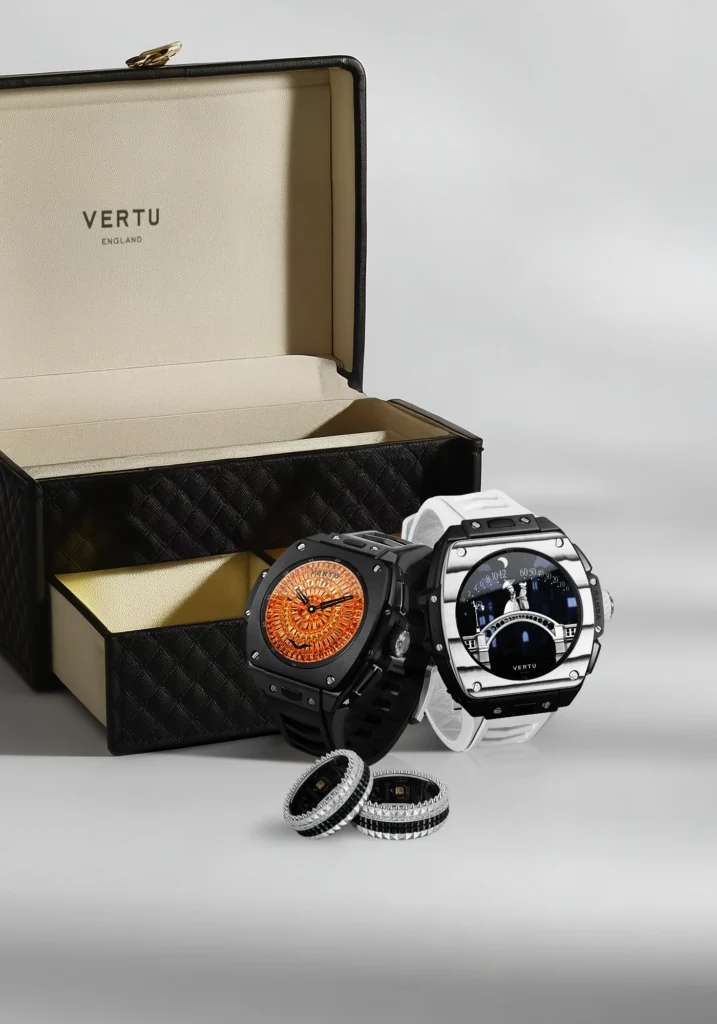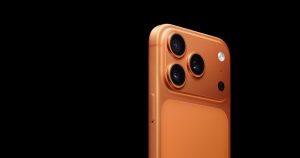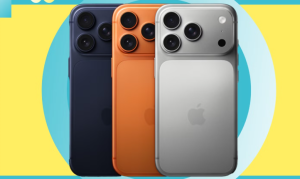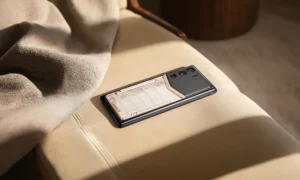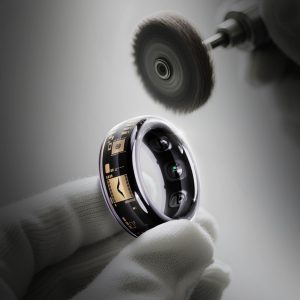Struggling to bounce back after intense training sessions? Poor sleep is a major performance killer for athletes, hindering recovery and limiting gains.
What You'll Learn:
- Why prioritizing sleep with smart technology is crucial for athletic performance in 2025.
- A breakdown of the top premium and budget-friendly smart sleep devices available.
- Key factors to consider when selecting the right sleep device for your needs.
- How to integrate these devices into your training regimen for maximum benefit.
Why Smart Sleep Devices Matter in 2025
In the relentless pursuit of athletic excellence, sleep is no longer a luxury; it's a non-negotiable pillar of performance. For athletes, a good night's rest is where muscles repair, energy stores replenish, and mental acuity sharpens. Without sufficient, quality sleep, even the most rigorous training can lead to burnout, injury, and plateaued progress.
Current Market Trends
The market for sleep technology is booming, driven by a growing understanding of sleep's impact on overall health and performance. We're seeing a significant shift towards data-driven insights and personalized recommendations. Consumers, especially athletes, are actively seeking devices that can not only track sleep but also offer actionable advice for improvement. This includes:
- Wearable technology that monitors heart rate, respiration, body temperature, and movement.
- Smart mattresses and bedding that adjust to body temperature and pressure points.
- Environmental monitors that track room temperature, humidity, and light levels.
- AI-powered sleep coaching apps that interpret data and provide tailored guidance.
Future Outlook
The future of smart sleep devices for athletes is incredibly promising. We can expect:
- More sophisticated biometric tracking: Devices will become even more precise in measuring subtle physiological changes indicative of sleep quality.
- Predictive analytics: Future devices might predict optimal sleep windows and potential sleep disruptions based on training loads and daily activities.
- Seamless integration: Expect deeper integration with other fitness trackers, training platforms, and even smart home systems for a holistic approach to well-being.
- Personalized interventions: Devices will likely offer more dynamic interventions, such as guided meditations or specific light therapy recommendations, in real-time.
“Athletes who leverage data to understand and optimize their sleep are gaining a significant competitive edge. It's about working smarter, not just harder.” – Dr. Anya Sharma, Sports Physiologist.
Top Smart Sleep Devices Options
Choosing the right sleep device can feel overwhelming with the sheer variety available. Here's a look at some of the top contenders, catering to different needs and budgets.
Premium Solutions
These devices offer cutting-edge technology and comprehensive features for the serious athlete.
- Oura Ring Gen3: This sleek, unobtrusive ring tracks a wide range of metrics including heart rate variability (HRV), body temperature, sleep stages, and activity levels. It provides a daily “Readiness Score” to help athletes understand their recovery status.
- Whoop 4.0: A subscription-based wearable that focuses heavily on recovery, strain, and sleep. It provides detailed insights into sleep debt and optimal recovery times, making it a favorite among endurance athletes.
- Eight Sleep Pod Pro: This advanced smart mattress cover actively cools or heats your side of the bed throughout the night, optimizing your sleep temperature for deeper rest. It also tracks sleep metrics and provides personalized insights.
Budget-Friendly Alternatives
You don't need to break the bank to start benefiting from sleep tracking. These options offer excellent value.
- Fitbit Charge 5/Sense 2: These versatile fitness trackers offer robust sleep tracking, including sleep stages, SpO2, and skin temperature variations. They provide a daily Sleep Score and can help identify patterns.
- Garmin Vivosmart 5: A straightforward fitness band that excels in activity tracking and also provides detailed sleep analysis, including sleep duration and quality.
- Withings Sleep Analyzer: This under-mattress sensor tracks sleep cycles, heart rate, and breathing disturbances without requiring a wearable. It offers a comprehensive sleep score and snoring detection.
Here's a quick comparison of some popular options:
| Device Name | Primary Function | Key Metrics Tracked | Subscription Required? | Price Range (USD) |
| Oura Ring Gen3 | Sleep & Recovery Tracker | HRV, Body Temp, Sleep Stages, Activity | No | $299 – $399 |
| Whoop 4.0 | Recovery & Strain | HRV, Sleep Stages, Respiratory Rate, Activity | Yes (Subscription) | $30/month |
| Eight Sleep Pod Pro | Temperature Regulation | Sleep Stages, HR, RR, Movement, Room Temp | No | $1,995+ |
| Fitbit Charge 5 | Fitness & Sleep Tracking | HR, Sleep Stages, SpO2, Skin Temp | Optional Premium | $139 – $169 |
| Garmin Vivosmart 5 | Activity & Sleep | HR, Sleep Stages, SpO2 | No | $139 |
| Withings Sleep Analyzer | Under-Mattress Tracker | Sleep Cycles, HR, Respiration, Snoring | No | $129 |
How to Choose the Right Smart Sleep Devices
Selecting the perfect smart sleep device involves understanding your personal needs and goals. It's not a one-size-fits-all situation.
Selection Criteria
When evaluating different devices, consider these crucial factors:
- Accuracy and Data Depth: Does the device track the metrics most important to your athletic performance (e.g., HRV, deep sleep, REM sleep)?
- Comfort and Wearability: If it's a wearable, is it comfortable enough to wear all night without disrupting your sleep?
- Actionable Insights: Does the device provide clear, understandable data and practical recommendations, or just raw numbers?
- Integration: Does it sync with your existing fitness apps or platforms?
- Battery Life: For wearables, how often does it need charging?
- Durability: Can it withstand the rigors of training and daily life?
- Budget: What is your comfortable spending range?
Decision Framework
To make an informed decision, follow this simple framework:
- Identify Your Primary Goal: Are you looking to improve overall sleep quality, specifically optimize recovery, or monitor sleep alongside training load?
- Assess Your Tolerance for Wearables: Do you mind wearing a ring, watch, or band to bed, or would you prefer an under-mattress sensor?
- Review Key Metrics: For athletes, Heart Rate Variability (HRV) is paramount for recovery. Look for devices that accurately measure and interpret this. Sleep staging (REM, Deep, Light) is also vital.
- Consider the Ecosystem: If you're already invested in a particular fitness brand (e.g., Garmin, Fitbit), sticking with their sleep solutions might offer better integration.
- Read Reviews: Look for reviews specifically from athletes or individuals with similar goals to yours.
- Trial Period: If possible, opt for devices that offer a trial period so you can test them in your environment.
“The best sleep tracker is the one you'll actually use consistently. If it's uncomfortable or too complex, you won't get the long-term benefits.” – Mark Jenkins, Performance Coach.
FAQ (Frequently Asked Questions)
Q: How accurate are smart sleep devices for athletes?
A: Modern smart sleep devices, especially those from reputable brands like Oura, Whoop, and high-end Fitbits/Garmins, are generally quite accurate in tracking sleep stages, duration, and key physiological metrics like heart rate and HRV. While they may not match clinical-grade polysomnography, they provide highly valuable trends and insights for athletes to monitor their recovery and sleep quality over time.
Q: Do I need to wear a device every night for it to be effective?
A: Yes, for the most accurate and comprehensive data, it's highly recommended to wear your smart sleep device every night. Consistent data collection allows the algorithms to learn your unique sleep patterns and provide more reliable insights into your recovery and readiness. Sporadic tracking will yield less meaningful results.
Q: Can smart sleep devices actually improve my athletic performance?
A: Smart sleep devices don't directly improve performance, but they provide the critical data and insights that allow you to make informed decisions about your training and recovery. By understanding your sleep quality and recovery status, you can adjust training intensity, prioritize rest, and optimize your sleep environment, all of which directly contribute to better performance and reduced injury risk.
Q: What is HRV and why is it important for athletes?
A: HRV stands for Heart Rate Variability. It's the variation in time between your heartbeats. For athletes, a higher HRV generally indicates a more recovered and resilient nervous system, ready to handle training stress. A lower HRV can signal fatigue, illness, or overtraining. Smart sleep devices that track HRV provide a key indicator of your body's readiness for physical exertion.
Q: Are there any privacy concerns with smart sleep devices?
A: Like any connected device, smart sleep trackers collect personal health data. It's important to review the privacy policies of the brands you consider. Reputable companies invest heavily in data security and encryption. Generally, the data collected is used to provide you with personalized insights and to improve the service. Ensure you are comfortable with the company's data handling practices.

